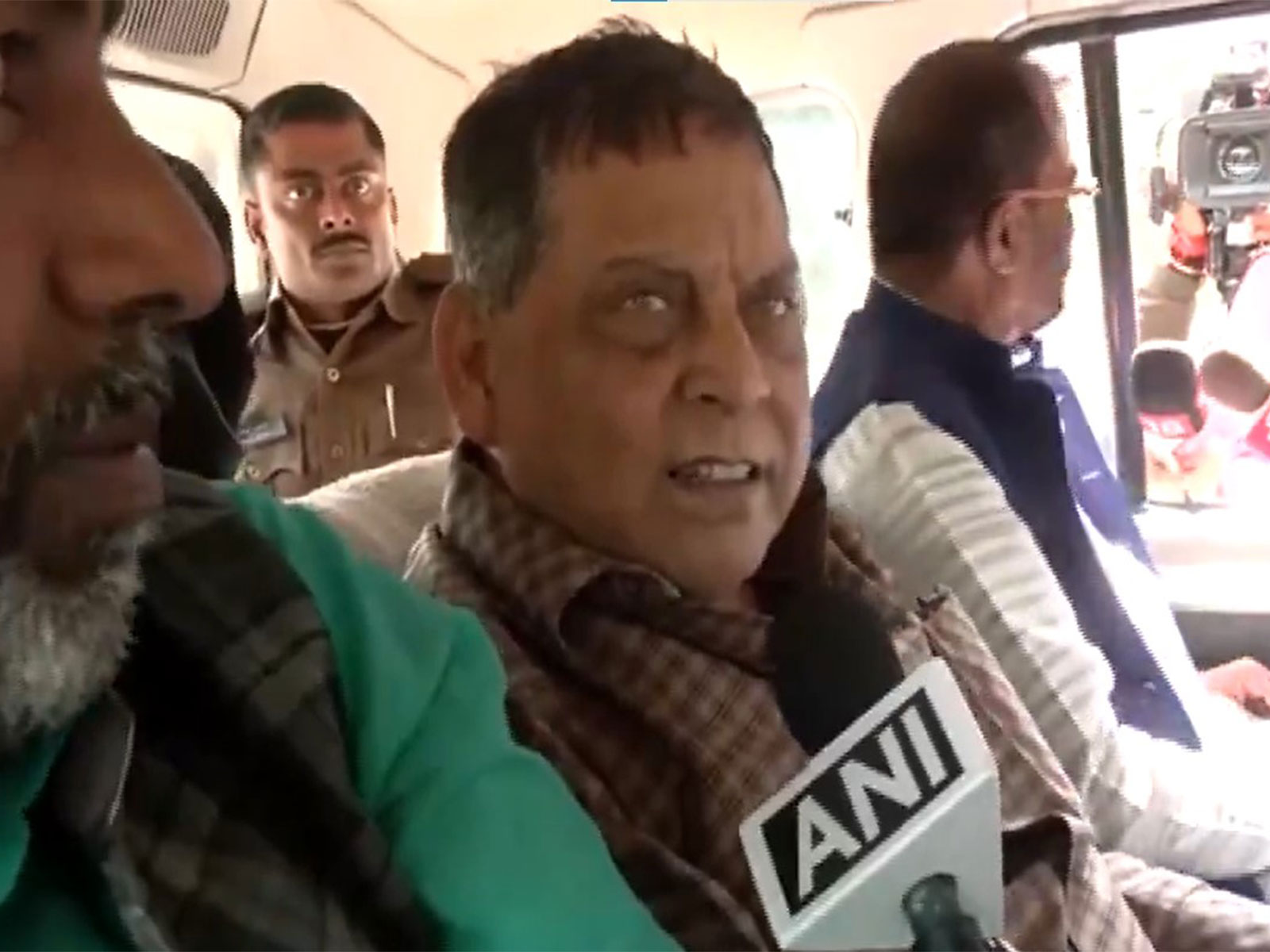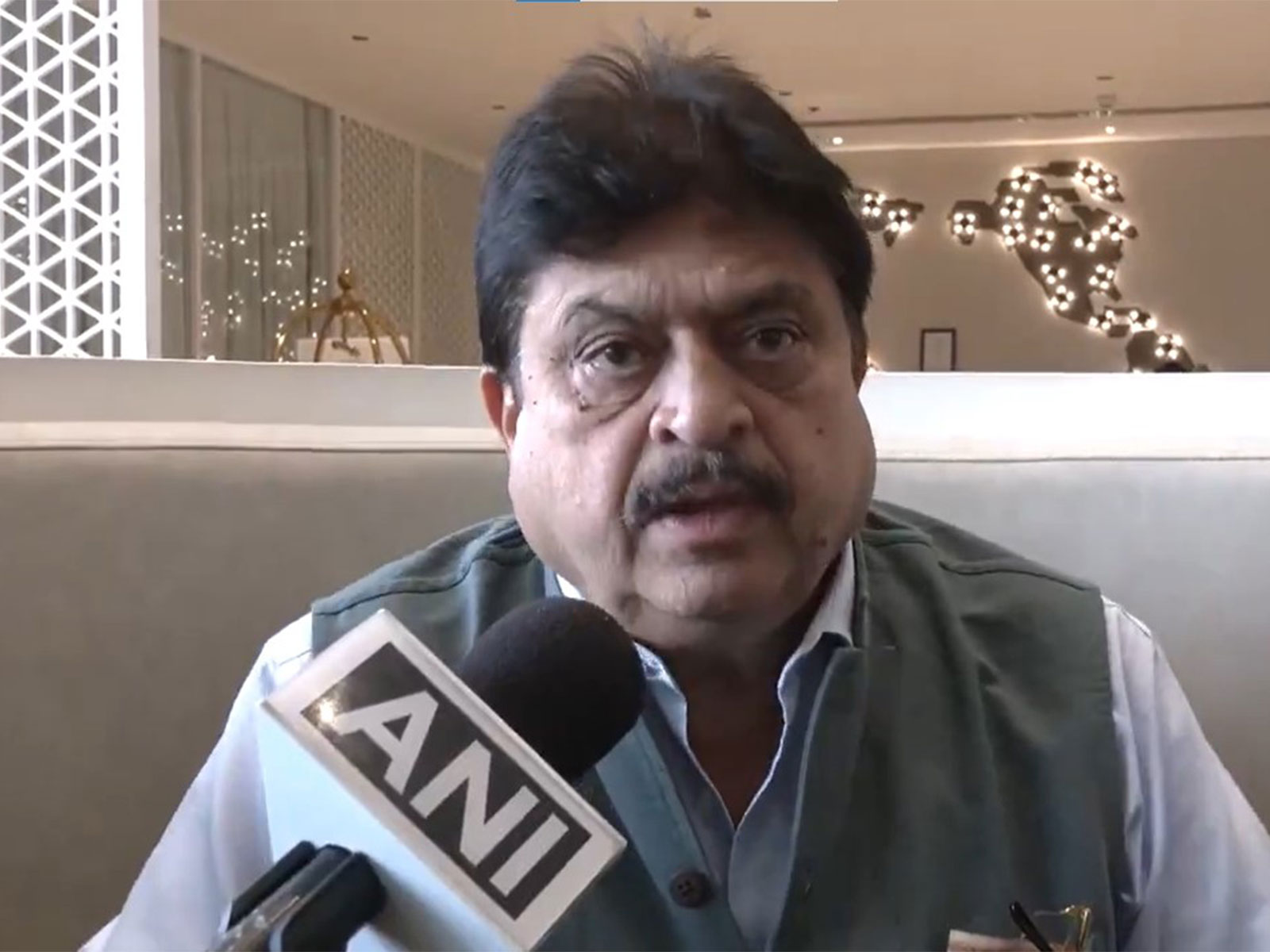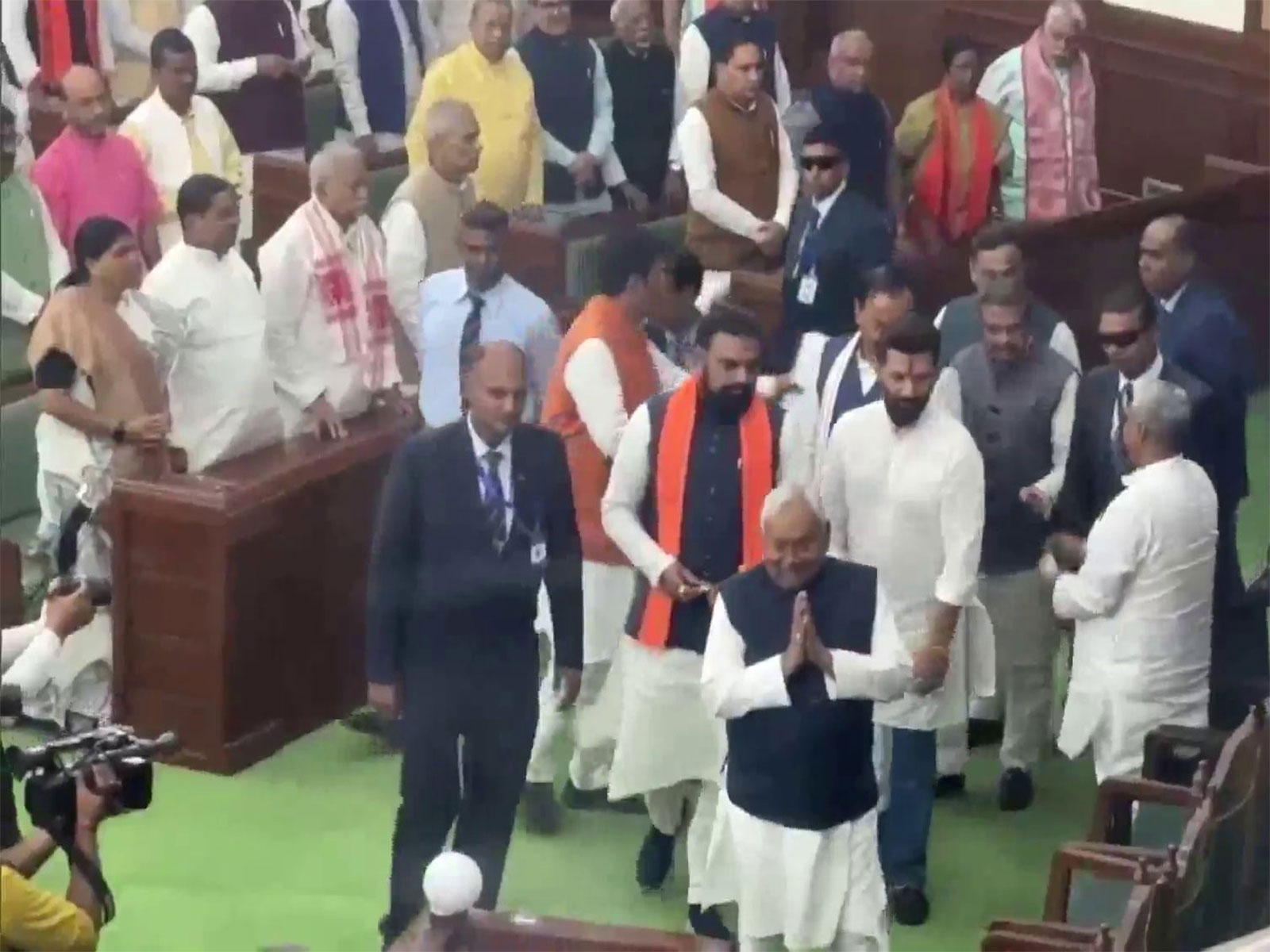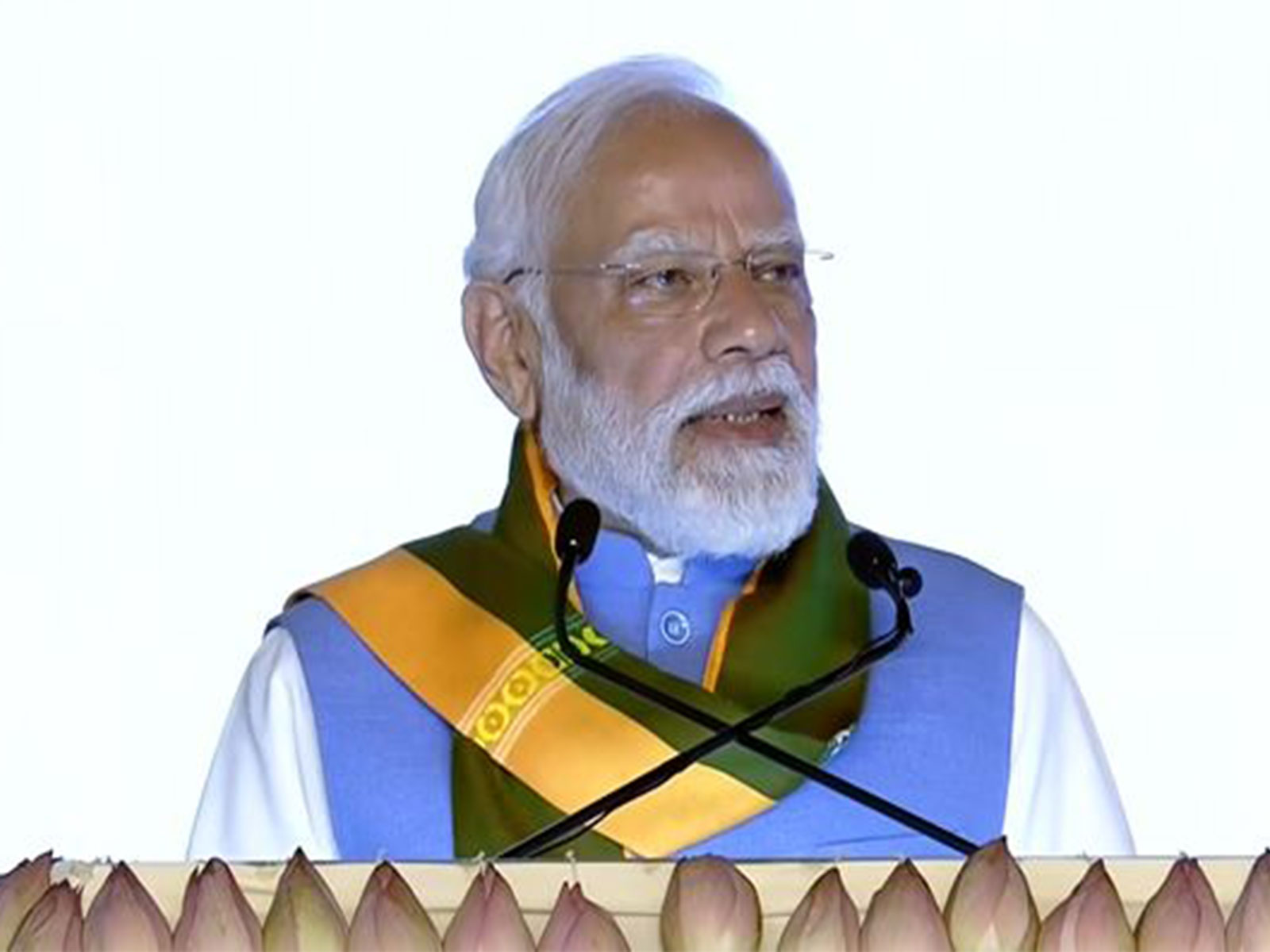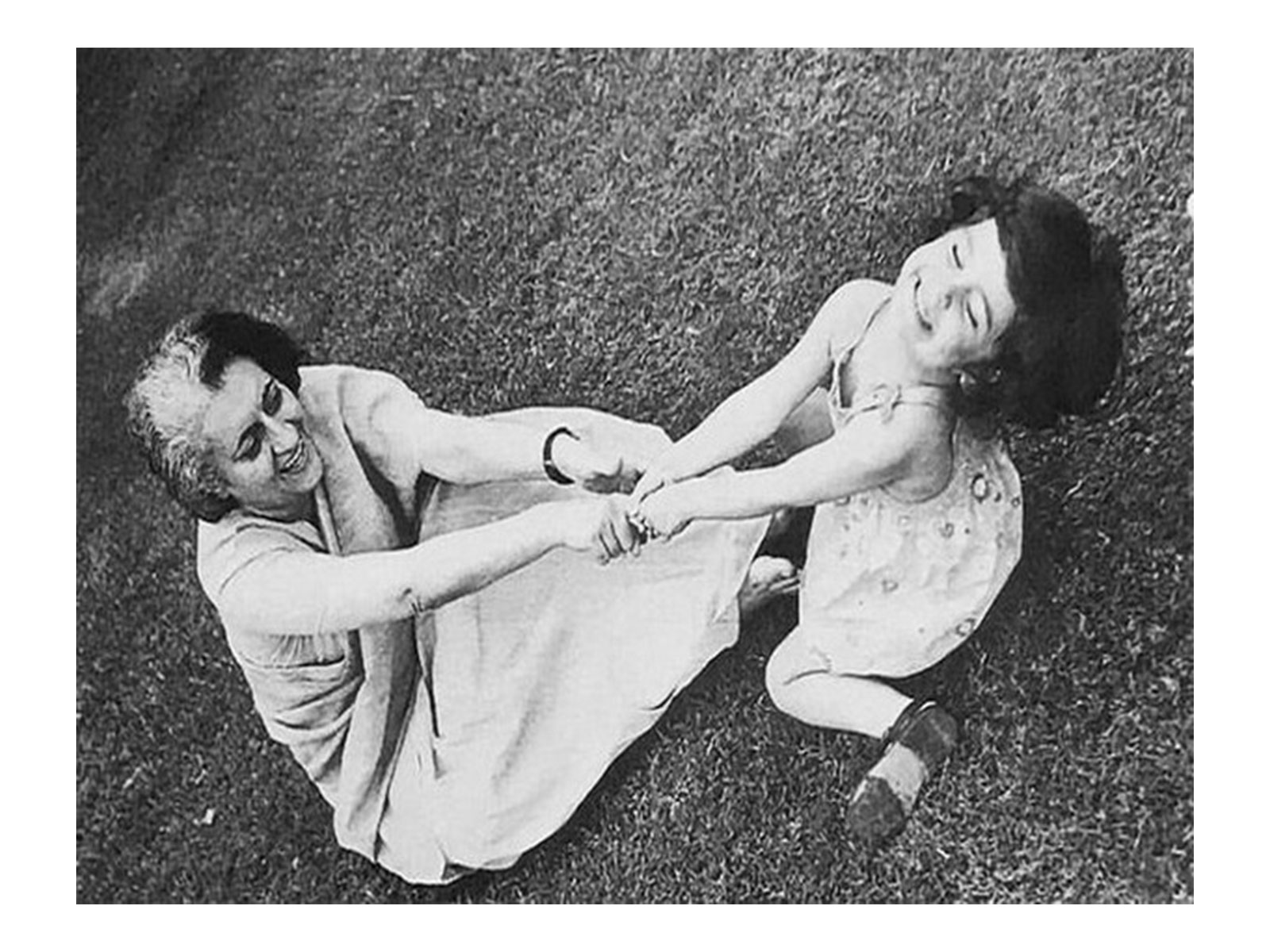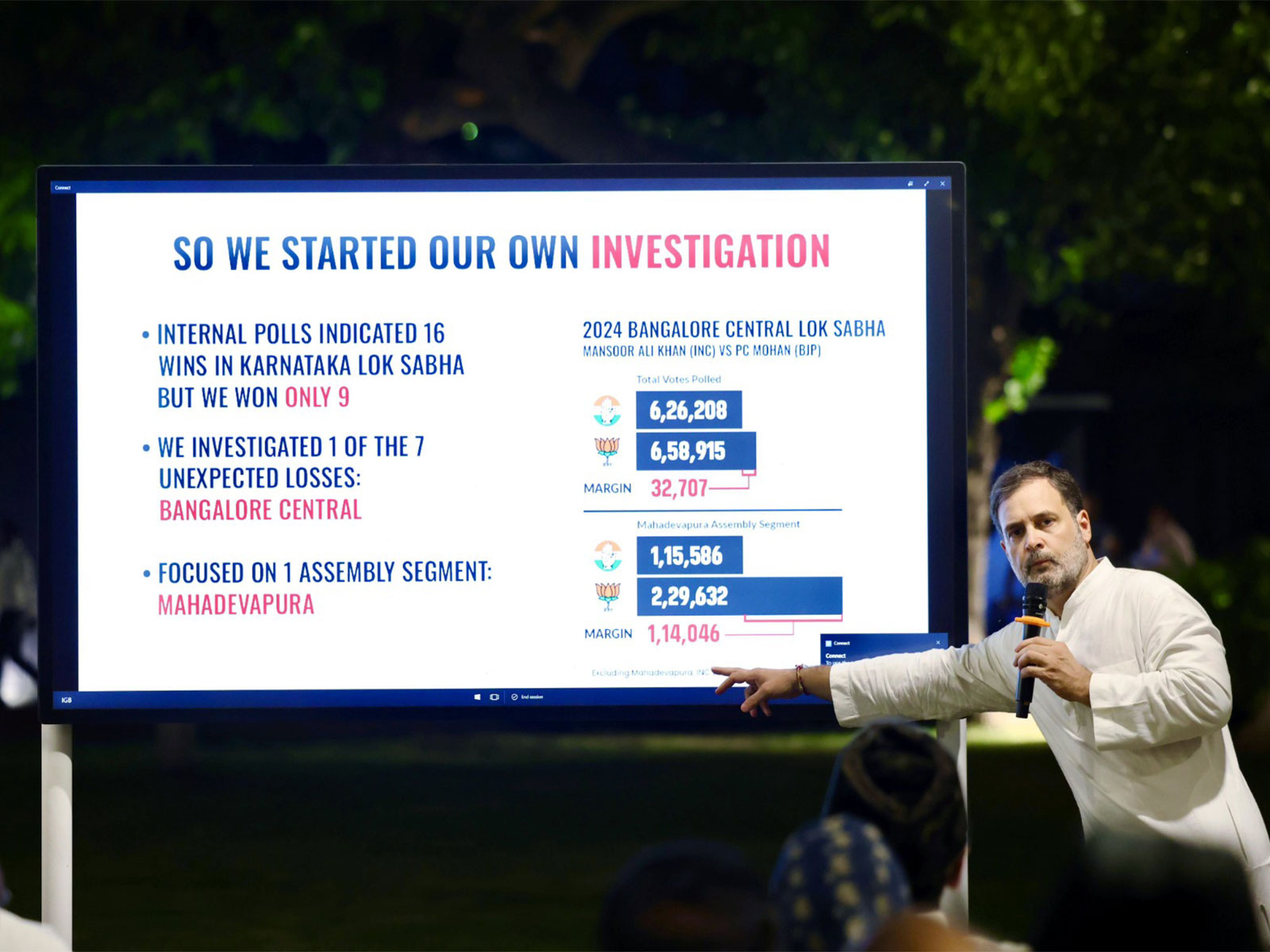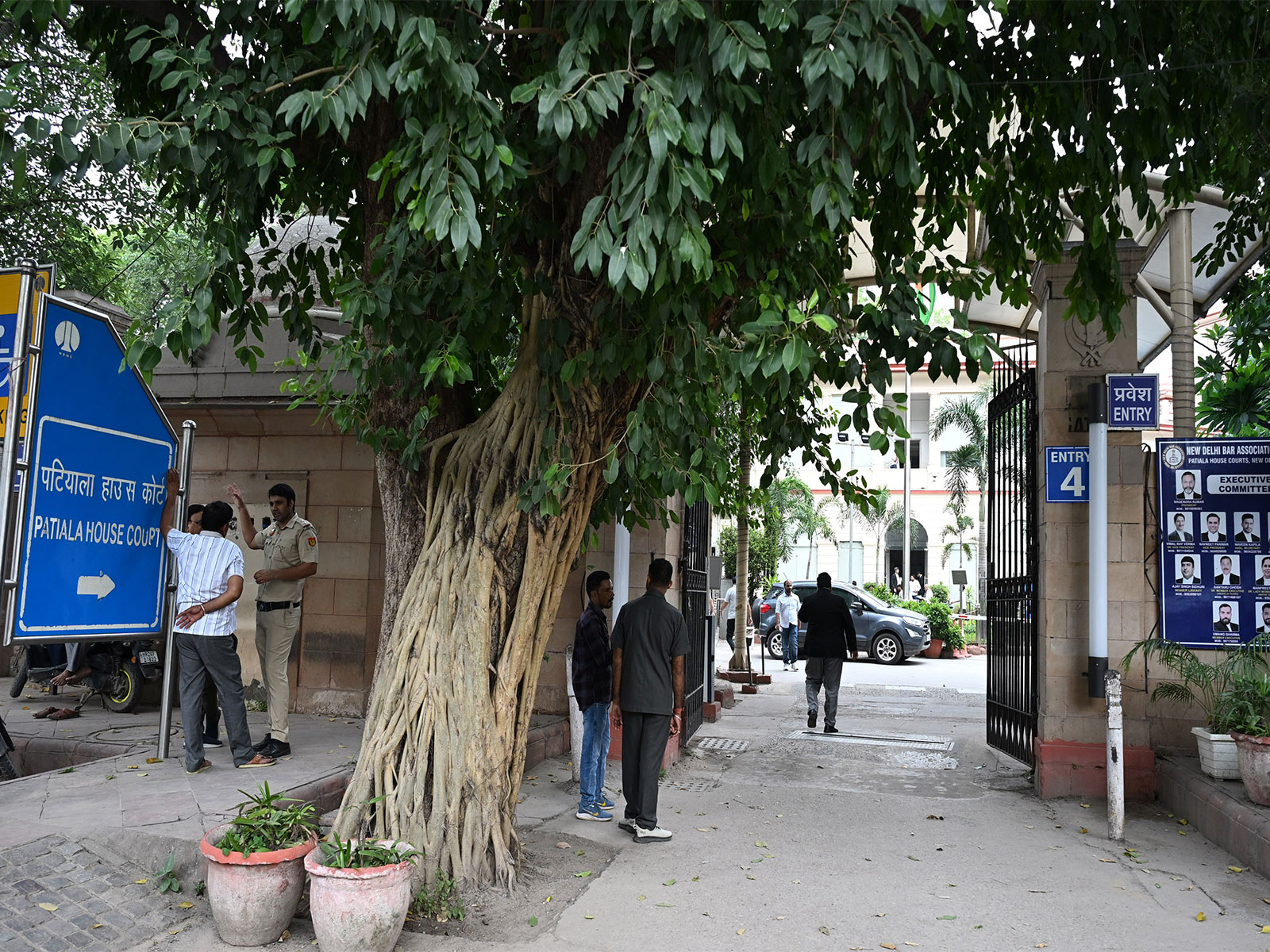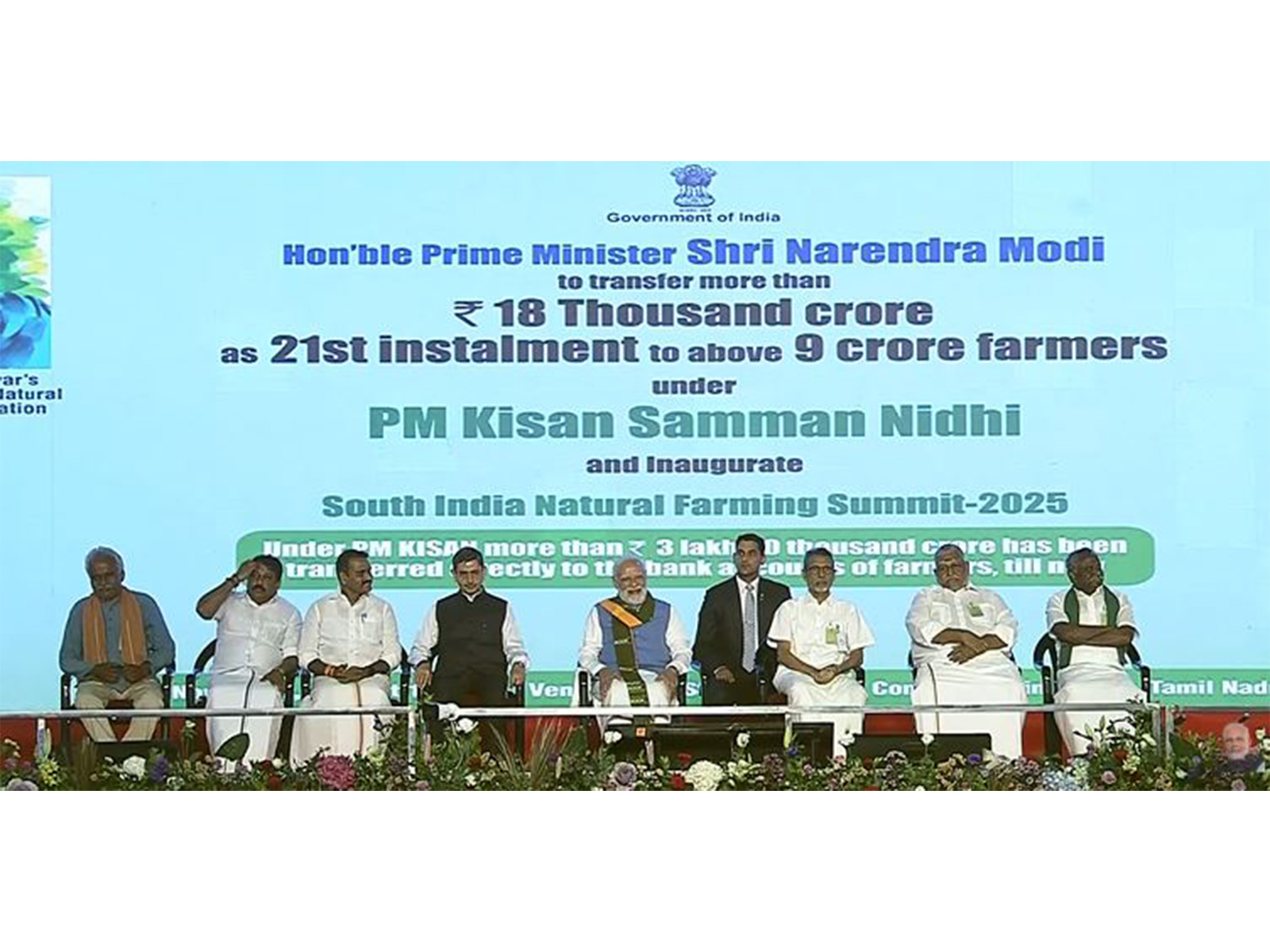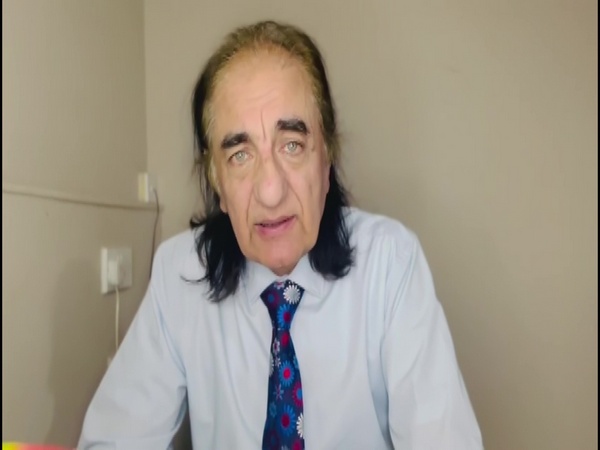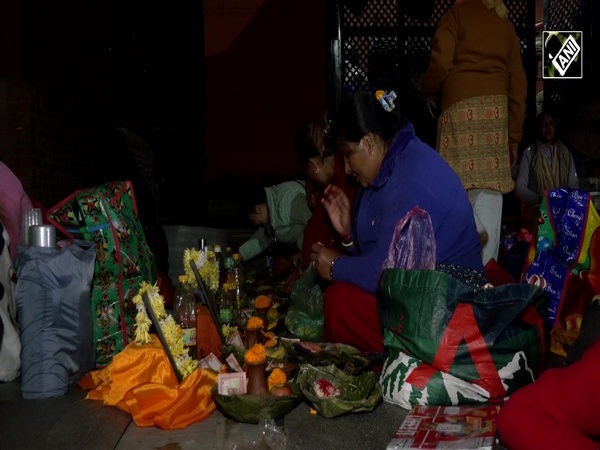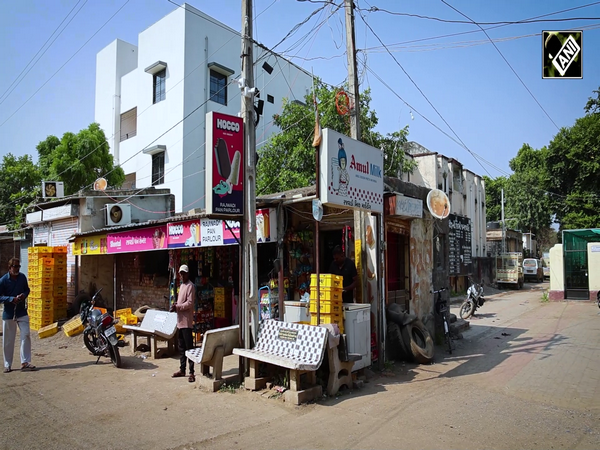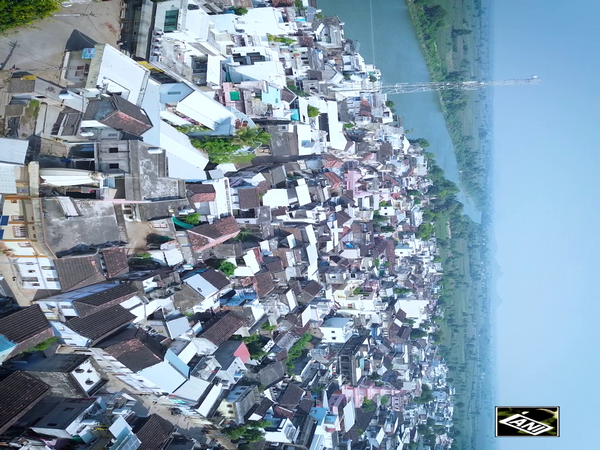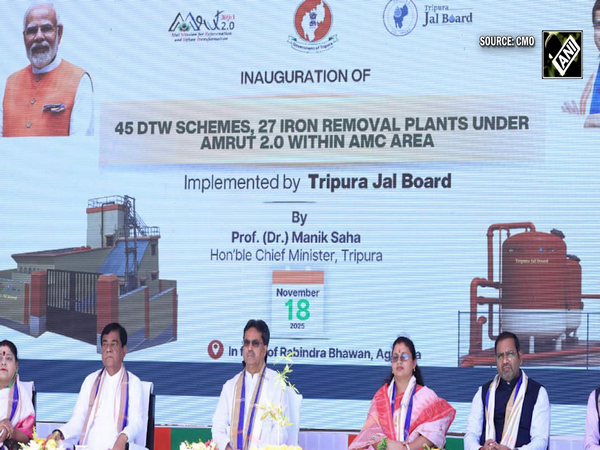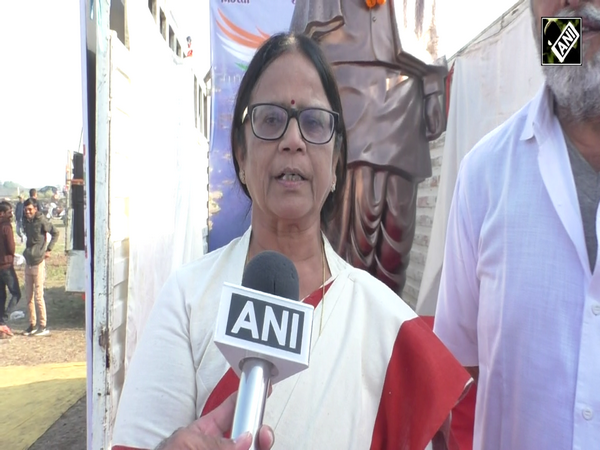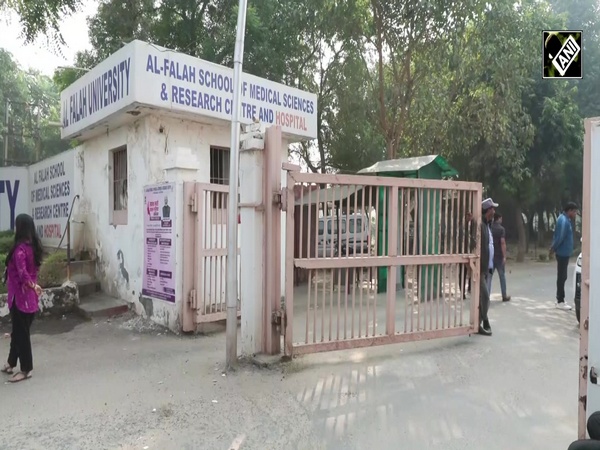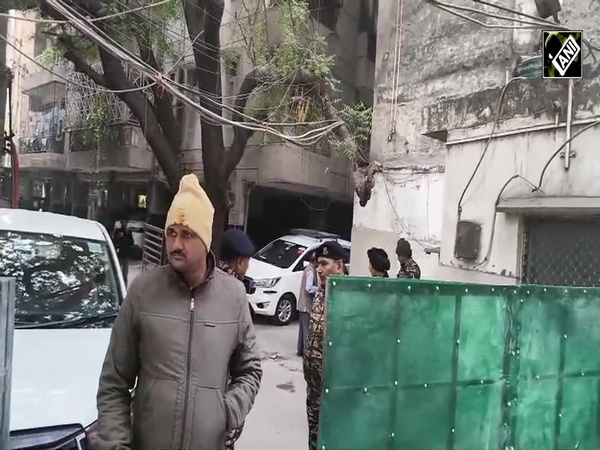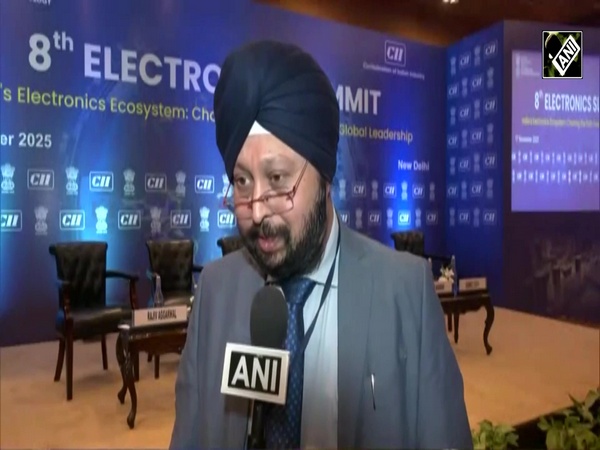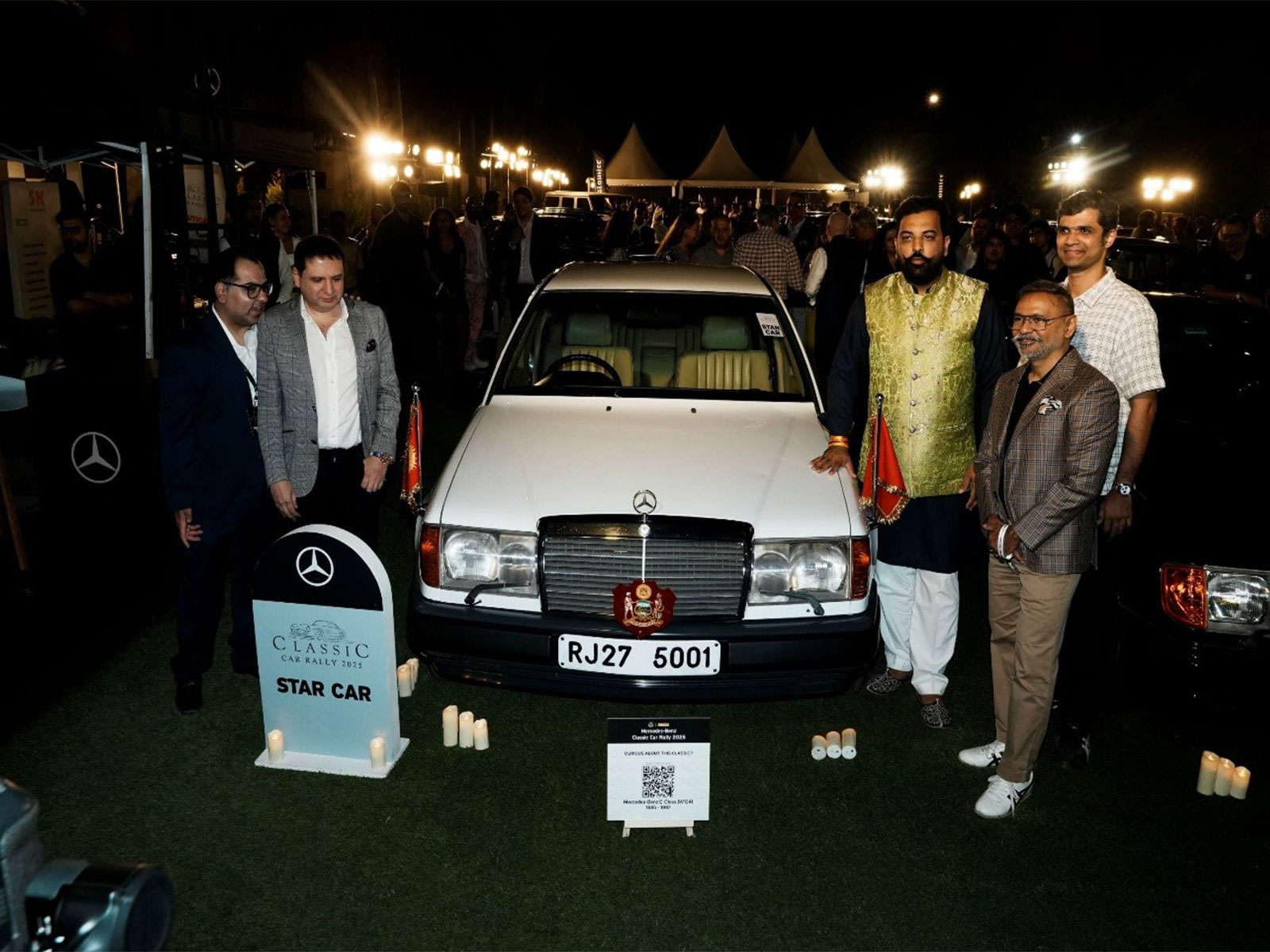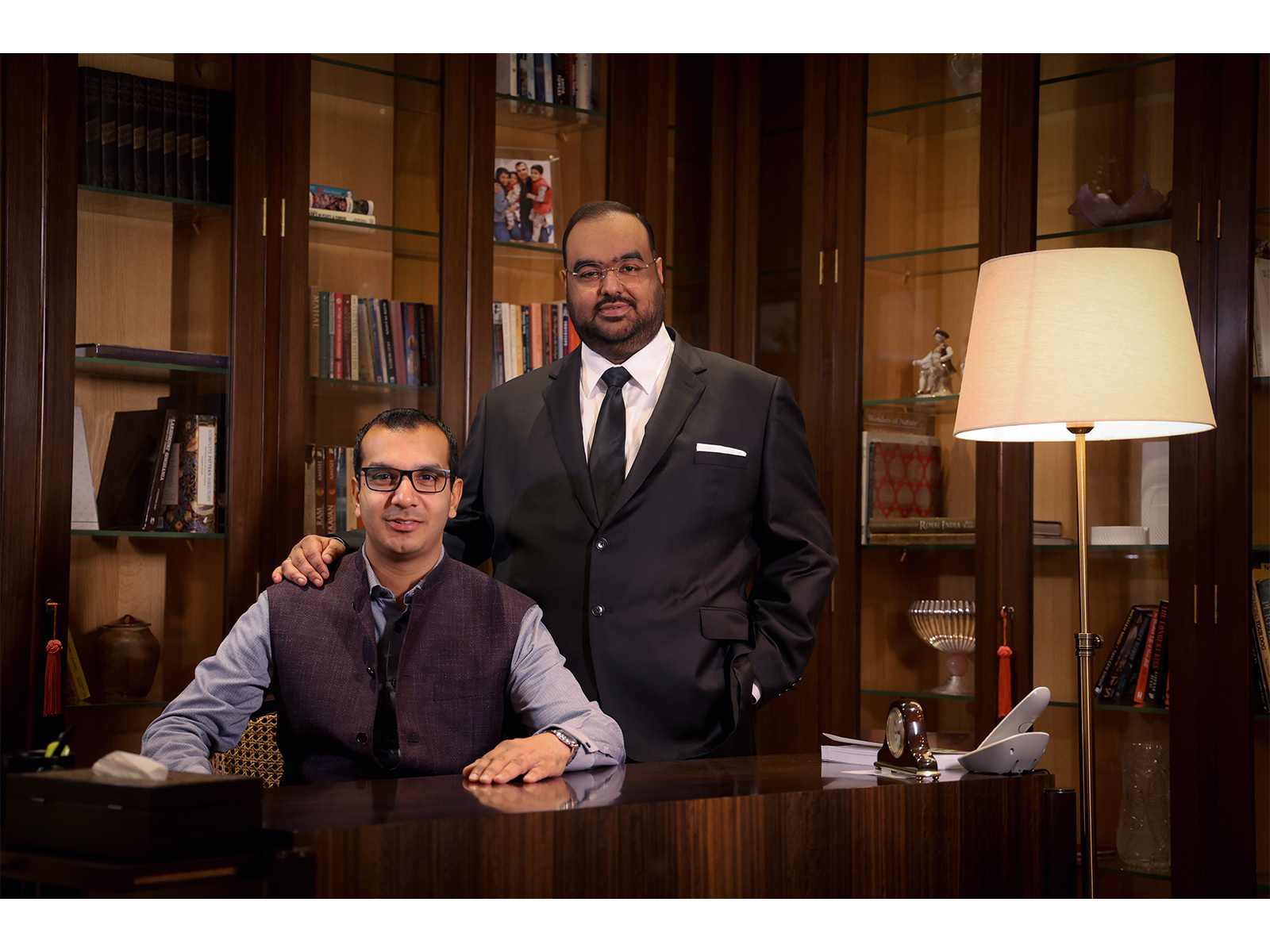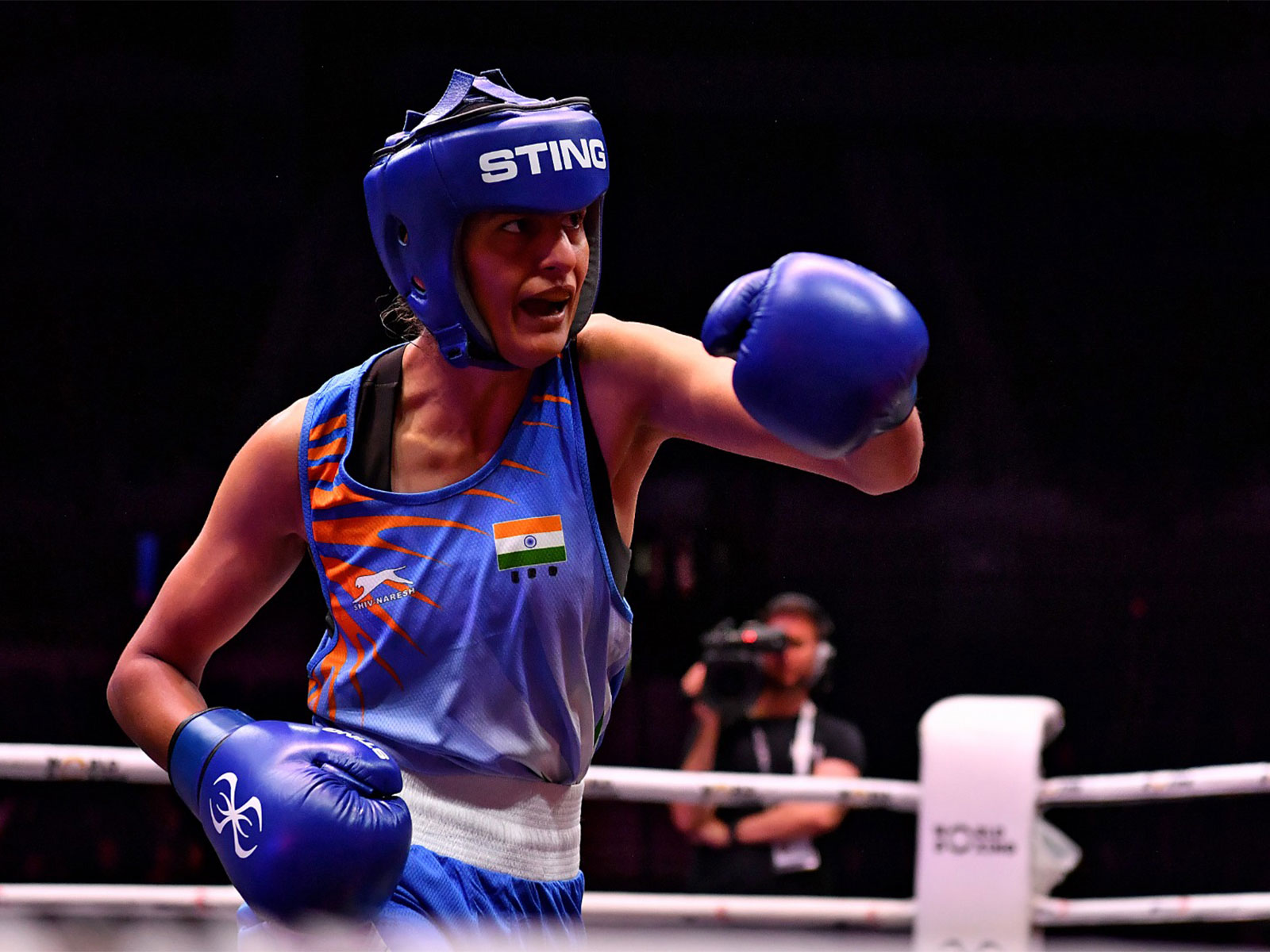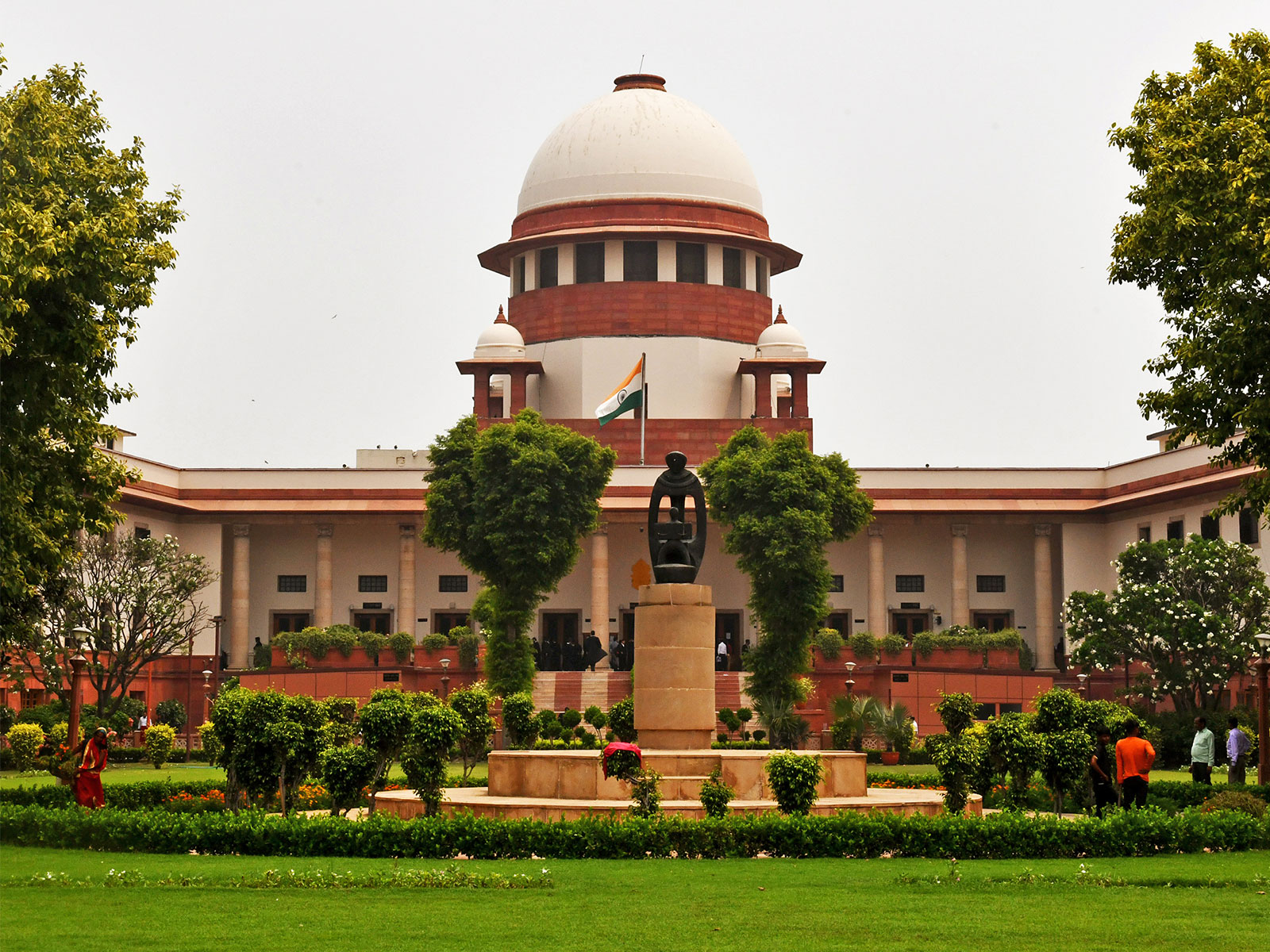
Air pollution case: Supreme Court orders subsistence allowance for workers hit by GRAP-3 construction ban
Nov 19, 2025
New Delhi [India], November 19 : The Supreme Court on Wednesday directed that construction workers out of work since the implementation of GRAP-3 in Delhi, Punjab, Haryana, and Rajasthan, must be provided a subsistence allowance.
Hearing the air pollution case, a bench led by Chief Justice of India (CJI) BR Gavai also directed the governments of the aforesaid states to implement preventive measures to reduce air pollution and to ensure that their reviews are regularly conducted.
The Supreme Court has also stated that matters concerning air pollution must be listed monthly.
"We find that any proactive action aimed at reducing air pollution levels is welcome. However, authorities taking such decisions should consider all factors and take care of all stakeholders involved," the apex court observed.
In view of the deteriorating air quality in the national capital, the Graded Response Action Plan (GRAP) III was implemented on November 11 across the national capital by the Commission for Air Quality Management (CAQM). The measures aim to control emissions through stricter restrictions on construction, vehicular movement, and industrial operations.
Under GRAP-III, curbs include a ban on most non-essential construction activities, restrictions on BS-III petrol and BS-IV diesel four-wheelers, suspension of classes for students up to Class 5 with a shift to hybrid or online learning, curbs on industrial operations dependent on non-clean fuel, and a ban on non-emergency diesel generator sets.
Earlier, the Supreme Court on Monday asked the Delhi government to file an affidavit detailing the nature of the equipment and its efficiency in measuring the Air Quality Index (AQI) in the national capital.
A bench of Chief Justice of India BR Gavai and Justices Vinod Chandran and NV Anjaria ordered, "Let GNCTD file an affidavit explaining the nature of equipment being used and their efficiency to gauge AQI monitors. Please bring it the day after tomorrow."
Senior advocate and amicus curiae Aparajita Singh, who was assisting the bench on the issue, said that water sprinkling took place around pollution monitoring stations to skew the AQI readings in Delhi. She placed on record news reports about water sprinkling around pollution monitoring stations.
Additional Solicitor General (ASG) Aishwarya Bhati, appearing for the Central government, stated that water is being sprinkled across the city. "Political parties are spreading such videos," she said.
Amicus curiae further told the bench that instances of stubble burning were being undercounted. Giving a solution to the issue, she said farmers should be provided with equipment to dispose of the stubble. The apex court also asked the Centre to devise a long-term solution to address air pollution.
It directed the Chief Secretaries of Punjab and Haryana to ensure that the directions issued by the CAQM in its report dated November 13 to curb stubble burning are implemented.
Senior advocate Gopal Sankaranarayanan, appearing for one of the petitioners, submitted that air pollution had increased this year and stated that construction activities should be stopped in the national capital.
The bench, however, was not satisfied with the advocate's suggestion and stated in its order, "The restriction to be imposed on activities in Delhi in a graded manner, taking into consideration AQI standards, has been finalised by experts in the field based on scientific data. We do not possess the expertise to deal with the same. We are, therefore, not inclined to act on the submission of Sankaranarayanan that all activities be stopped in Delhi. A large chunk of the population depends on the various activities for their livelihood in the capital."
